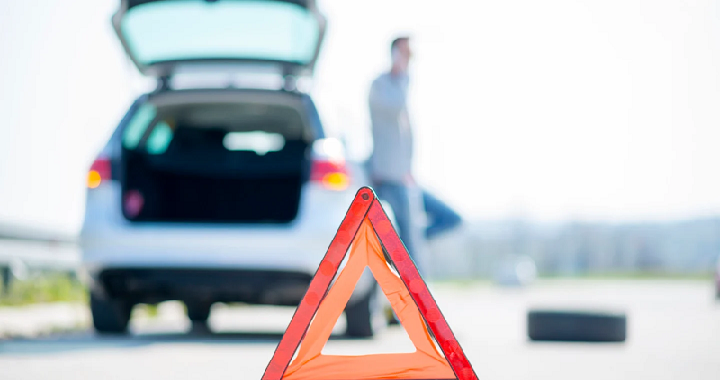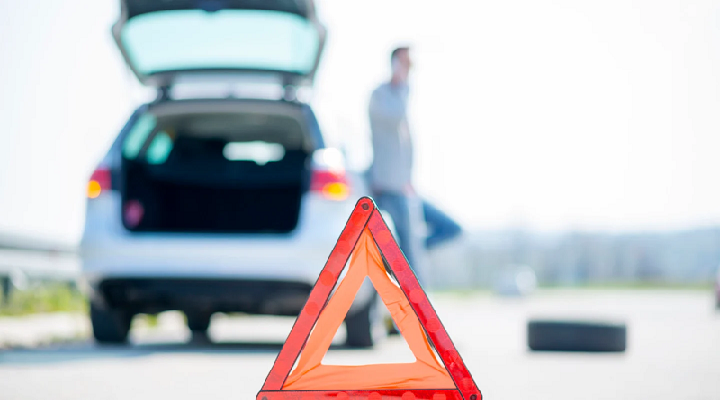
Common Car Questions to Know
If you’re still a newbie car driver, you might have a few questions on hand that you’ve been too afraid to ask people. Well, there’s a lot of you out there. Don’t wonder about it anymore because we will answer some of the very common questions people have about their own car units.
Knowing all of this will help you when you’re going out on your first vacation and road trip – for the prevention of accidents and injuries and to protect you and your passengers.
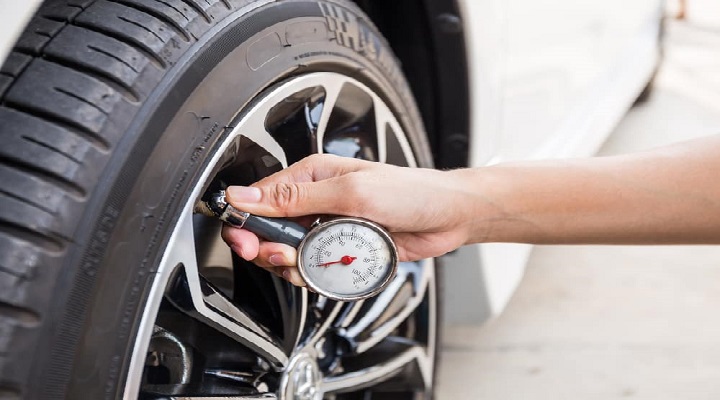
COMMON QUESTIONS
Q: How often should the tire pressure be checked?
A: Despite people telling you to check your tires’ pressure every week, it’s unrealistic and can take a lot of time. For a busy person owning a car for convenience, they are not able to do it as often as people say. A convenient way to keep track of your tire pressure is to check it every 30 days. Have it checked while you’re at the car shop.
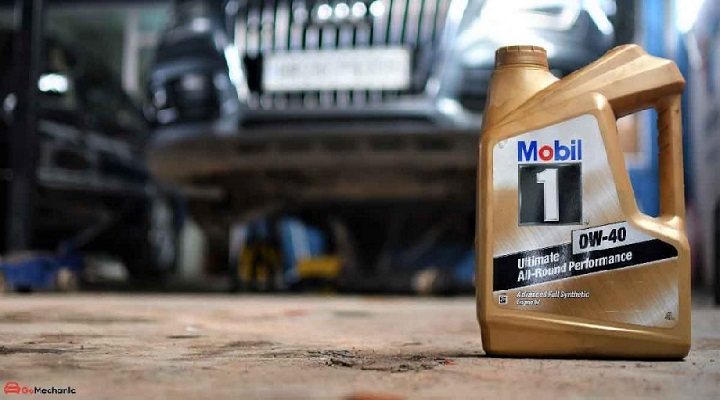
COMMON QUESTIONS
Q: When to change the transmission fluid?
A: Professional Car Engineers recommends that a vehicle’s transmission fluid should be changed once every 50,000 kilometer run or 2 years.
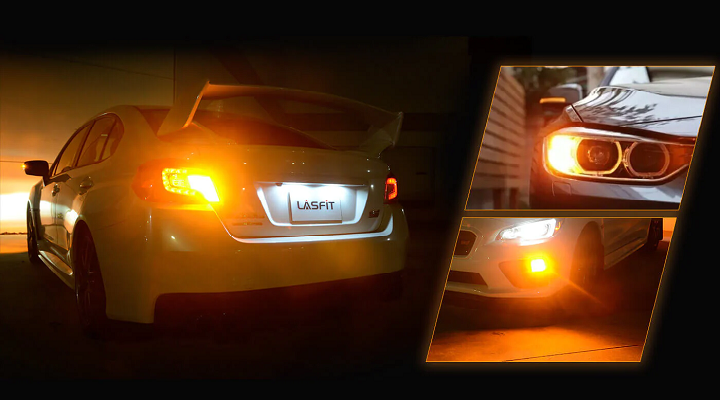
COMMON QUESTIONS
Q: Why is the blinking of signal lights inconsistent?
A: Sometimes a signal light is normal but other times it blinks faster. This happens when the bulb of your lights burn out. This makes your voltage load drop, making it easier for the circuit to do its job – blinking. Your bulb burning out makes the circuit do its job faster and easier.
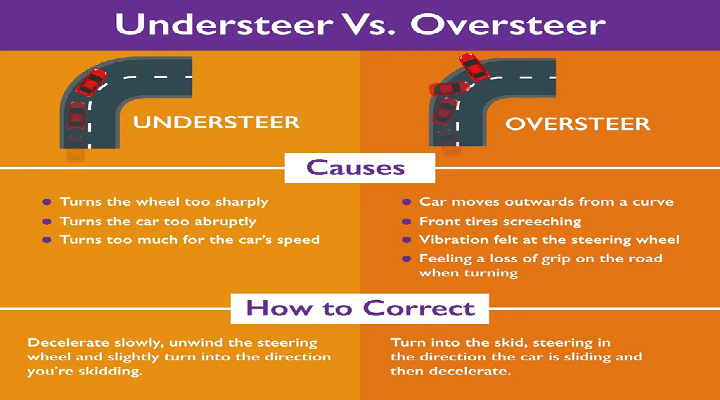
COMMON QUESTIONS
Q: What makes an oversteer different from an understeer?
A: An oversteer happens when your vehicle turns or steers more than what you have initially intended. Understeer happens when the car turns less than what you intended. You can see these jargons thrown around among car enthusiasts and competitive drivers.
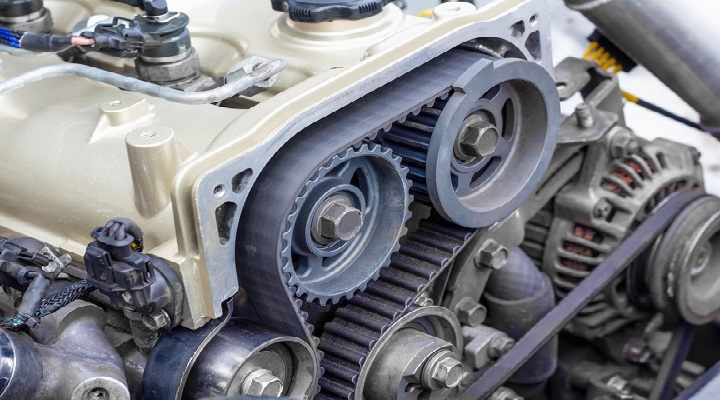
COMMON QUESTIONS
Q: When should my timing belt be replaced?
A: Most manufacturers recommend that the timing belt must be changed in between the car’s 80,000-100,000 kilometer run. If you do not keep track of this, the timing belt will just run its course and break. Leaving your car engine to fail and not do its job. Which is why it is optimal for you to get ahead of that problem and regularly change it. Check on your car manual and follow the manufacturer’s recommended time for changing the timing belt.
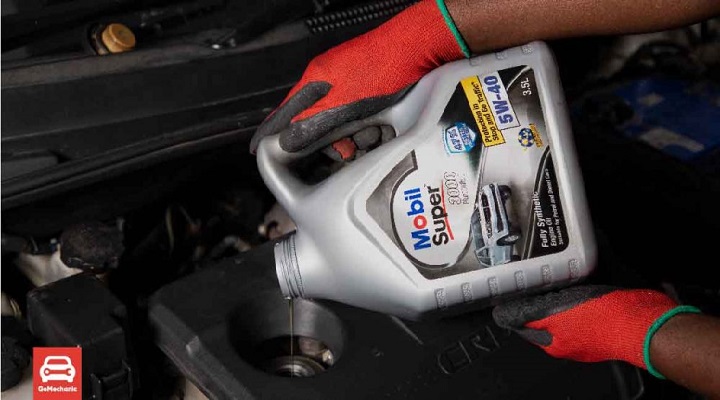
COMMON QUESTIONS
Q: Can I just switch to using a different oil grade or a synthetic oil?
A: The best answer can be found in your car manual. In there it is specified your manufacturer’s recommended oil grade to use. It is best to follow your factory’s recommendations. But if you do want to switch to using synthetic oil, there has not been much problem with it. However if you bought an older car that’s been in use for 8 or more years with no oil switching, switching now is not a good idea.
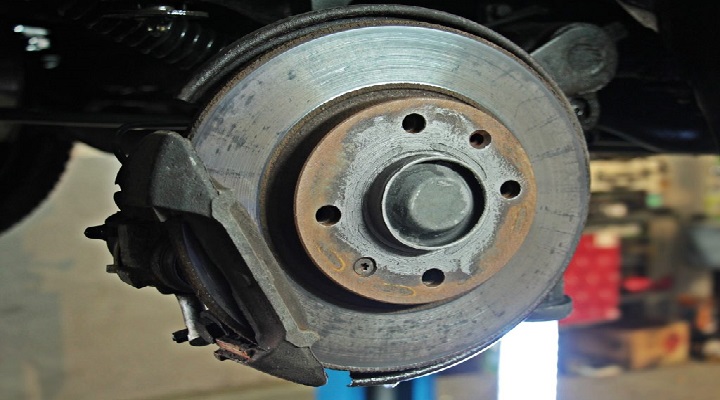
COMMON QUESTIONS
Q: Does the sound of my brakes mean anything?
A: Your brakes are constantly moving and are built with different rotating parts and pads. As time goes on, these parts wear down and will make vibrations. There are 2 distinct noises when your brake parts are worn down.
The first one is a high pitched sound. When you hear this, get your brake pads checked and have it replaced. The second one is the groan of metal to metal grinding that means your brake pads are causing damage to your brake rotors. This is already severe and should be brought to the shop to get fixed.
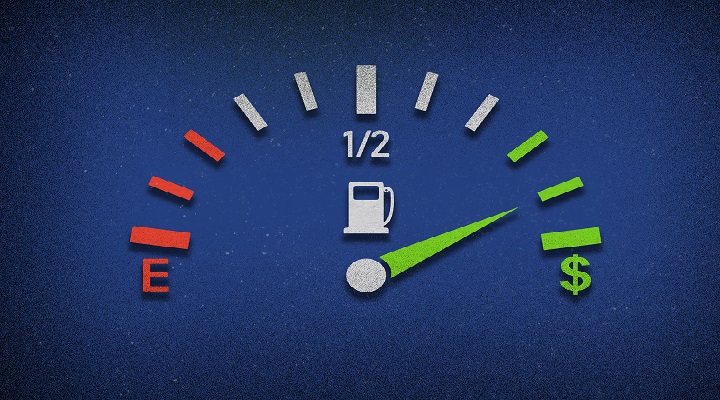
COMMON QUESTIONS
Q: Is there a way I can save money on gas?
A: To navigate on this, you have to familiarize yourself with the cheaper gas located near you. Various gas stations have varying prices so it’s always good to note who sells them cheapest. If you’ve found your ‘suki’ gas station, try to get a loyalty card from them or an affiliate supermarket. Sometimes reward cards collect points and give you discounts the more you use their services.
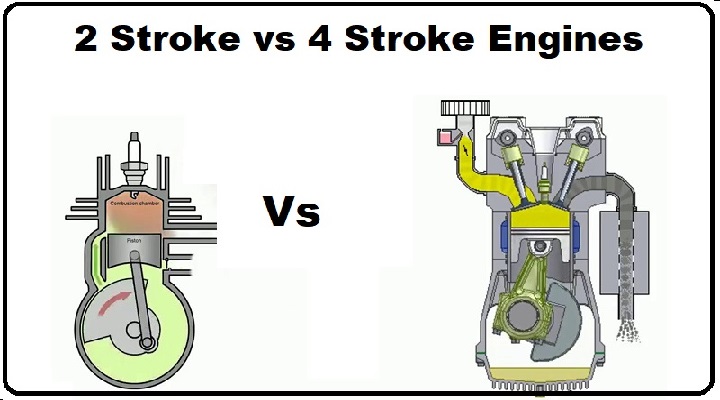
COMMON QUESTIONS
Q: What is a two-stroke and a four-stroke engine?
A: An engine’s stroke is the maximum movement your car’s piston can make towards one direction. Having a two-stroke engine means they can do two strokes for a single fuel injection, and a four-stroke engine can do a four-stroke for the same amount of fuel injection.
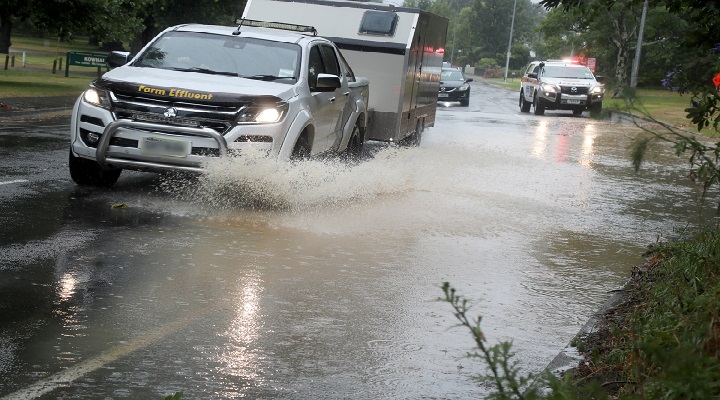
COMMON QUESTIONS
Q: Why is my car hydroplaning?
A: Hydroplane is the instance where your tires come into contact with water that it can’t dispel. The water pressure on the front of your wheels will push water underneath – creating a barrier between the road and your tire. This makes your vehicle lose traction, losing your braking and steering control.
We are a kalibo-based car rental service called Tacloban Rent a Car. In our garage are a variety of vehicles you can choose from with affordable prices.
CONTACT US
You can also contact us through the following:
[Globe]: 0936 812 9040 or 0955 872 3883
[Smart]: 0981 632 5288 or 0907 931 8774
Email: info@kaliborentacar.com
Facebook: https://www.facebook.com/kaliborentacarph
Website: https://www.kaliborentacar.com
